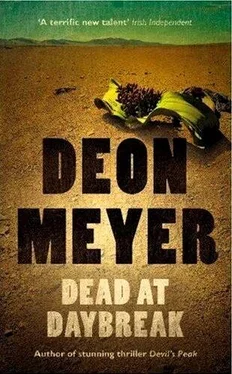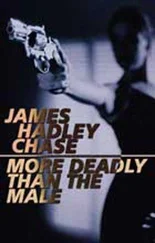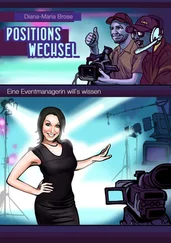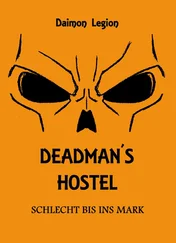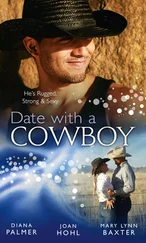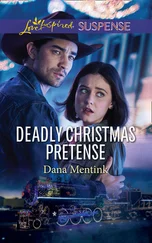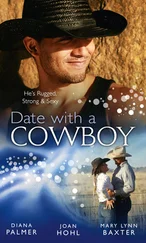“Ahh,” she said, “the poor man’s Zatopek van Heerden?”
There was gentle teasing in her voice, but for a moment the comparison unnerved him. “If he’s hopelessly stupid, he’ll shoot. If he wants to survive, he’ll negotiate.”
“Will you ever go back to the police force, Zatopek?”
“I don’t know.”
She chewed on it. “And the academy?”
“I don’t know.”
Then she was quiet, and when they passed Ratanga Junction on the N1, he said: “One day, perhaps, I’ll have to find something else to do. Maybe I can’t go back to either of the two.” And then he turned and looked back again.
At the office building he held the Heckler & Koch under his windbreaker until Hope had unlocked the doors. While Hope went to make coffee, he walked straight to the small room with the phone, arranged his notepad and his pen, sat down.
Notepaper and guns. He had always preferred the former.
Hope came back with two mugs. “Are there going to be a lot of useless calls again?”
“There always are.”
“Why do you think people do it?”
“There’s so much damage in the world, Hope. We do things to one another…”
She sat opposite him, her face gentle, and looked at him, eyes searching his face. Then she asked him, softly, “How much do we do to ourselves?”
The telephone rang, the first call of the morning.
“Hallo.”
“Is that the help line of that Schlebusch guy?”
“That’s right.”
“I want to remain anonymous.”
“Certainly, sir.”
“I think I’m one of his neighbors.”
“Oh?”
“He lives on a smallholding. Here, in Hout Bay.”
“Do you know what kind of car he drives?”
“A large white truck. I think it’s an old Chevrolet.”
“Yes,” he said, his heartbeat increasing. He bent forward, his pen quiet on the paper. Hope heard it in his voice, put her coffee down, tense. “Could you explain where the smallholding is?”
“Do you know Huggies Animal Farm?”
“No.”
“It’s a farm zoo for children. You know, city kids can stroke a lamb and milk cows and ride a pony.”
“Oh.”
“And that Schlebusch guy lives next door. The place is pretty neglected, plot forty-seven. It’s on the Constantia Neck road. The turnoff is just beyond the local authority’s nursery.”
“Are you sure about the truck?”
“Oh, yes. It’s in front of the house now.”
“Now?”
“Yes, I can see it.”
“Are you sure you want to remain anonymous?”
But then there was a click and the line was dead, and he sat with the receiver in his hand and the adrenaline pumping and said, “Hope, I want to borrow your car and your cell phone,” and he got up, taking the machine pistol.
“A smallholding,” she said.
“At Hout Bay.” He looked at his watch. “We can still catch him in bed. Unless he’s an early riser.”
“You can’t go alone.”
“That’s why I want the cell phone. I want to phone Tiny. As soon as I’ve established that it’s not a false alarm.”
“Come,” she said, and walked ahead of him down the passage to her office, found the keys and phone in her handbag.
“You must answer the phone while I’m away.”
“I…” she said reluctantly.
“It could be a false alarm. Someone must stay here.”
She nodded. “Be careful,” she said.
♦
Already the traffic to the city was a frustrating, sluggish stream, but he drove in a different direction, worked the gears and the clutch and the accelerator, and rode the BMW hard, wondered if Hope ever used the power of the engineering to its full capacity. De Waal Drive, it was dark, fucking winter, past the university and the botanical gardens, right at Constantia Neck, down to Hout Bay. He vaguely remembered where the nursery was, drove past it, had to turn. He was slightly anxious, had to breathe deeply, found the large board that read HUGGIES FARM with paintings of children and farm animals cartoon-style, realized it was getting light, cloudy morning, and then he stopped, Heckler & Koch under the jacket, cell phone in his pocket, looked at the faded wooden sign with FORTY-SEVEN on it, the gravel path turning off, many trees, little light. He walked down the path, his trainers crunching on the surface, put the machine pistol’s strap over his shoulder, took off the safety, his breathing shallow, his heart beating, fucking coward. Hope saying, How much do we do to ourselves? Funny time to think about that. He saw a light down there. He could see the house, then suddenly the truck when he jogged around the corner, just the outline in the gray dawn. He crouched behind a tree, breathing hard, everything quiet down there, only a light above the front door, the overwhelming sound of birds in the early morning. He narrowed his eyes – it was the truck, it was his truck – took the cell phone out of his pocket, punched in the number, waited.
“Joan van Heerden.”
“Ma, I have to speak to Tiny Mpayipheli.” Tension in his whispered voice.
“What’s the matter, Zet?” Worry.
“Ma, just get Tiny, please.”
“He’s sleeping. I’ll get Billy.” And then she was gone and he swore. He didn’t want to speak to September: he needed the big sniper.
“Yo?”
“Billy, wake Tiny and tell him to come to Hout Bay. We’ve got Schlebusch. He’s still sleeping, but I don’t know for how long. Get a pen because I want to explain the route.”
A moment’s silence and then September said, “Ready.”
♦
He kneeled behind the tree, calmer now. Schlebusch must be sleeping late this morning. How would you hunt a prey who hunted you? You crept up to the place where he slept, fucker. He wished he had binoculars. How long did it take from Morning Star to Hout Bay? Forty minutes if you drove like hell, but the N1 and the N5 were nightmarish at this time of morning – an hour perhaps. He looked at his watch: 7:42. Mpayipheli should be here by 8:00, perhaps by quarter past. It was getting light fast, the truck’s faded cream clearly visible. Where would the house of the neighbor who had telephoned be? Schlebusch’s place lay low down in the valley. What was wrong with the vehicle as he remembered it? The problem was he couldn’t simply rush in and shoot, he needed him alive. Quarter past was going to be too late, Schlebusch wouldn’t sleep that late. Why was it so quiet down there? Lights should be going on, coffee time for a hunted man – no, he should have been awake long before now.
He heard vehicles behind him, a deep droning, looked, but the road ran behind the rise. Probably a smallholding truck. Footsteps, exclamations, he looked round, something was wrong, many feet, they came running over the crest of the hill, soldiers, steel helmets and rucksacks and R5 rifles held in front of them. They saw him, fell flat. “Throw down your weapon.” Not anxious voices, certainly not, authoritarian. He slowly stood up, the Heckler & Koch in front of him, put it down on the ground. Where the fuck had they come from? Two jumped up, R5 saimed at him, bulletproof vests, reaction team, grabbed his machine pistol. “Lie down. Now!” He moved slowly, heart beating, lay facedown, heard the others coming nearer, many boots, felt hands on him, taking the cell phone. “He’s clean.” And he smelled the dew-sodden grass, the earth, heard more footsteps. “Only the cell phone.”
“Get up, Van Heerden.” Bester Brits.
Rage engulfed him when he recognized the voice, the insight too late. He jumped up in one movement. “You cunt,” he screamed, grabbing the Military Intelligence officer’s throat, soldiers dragging him away, forcing him onto his knees.
“You bugged my telephone, you cunt.”
Brits laughed. “You think you’re so clever, Van Heerden.”
Читать дальше
